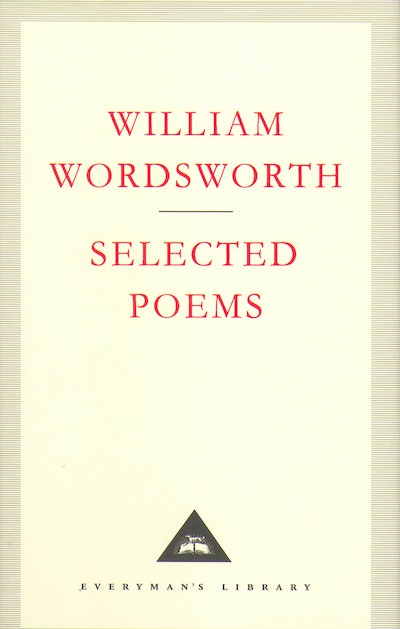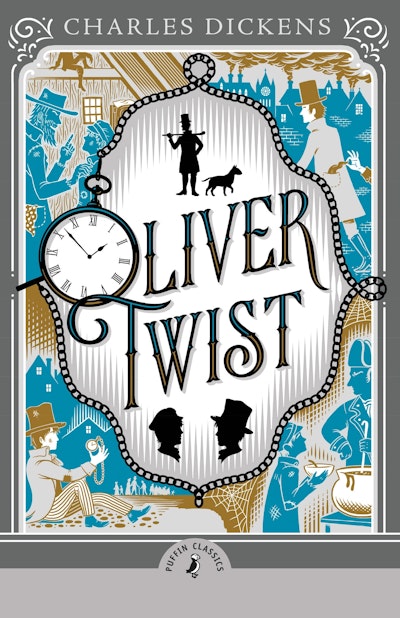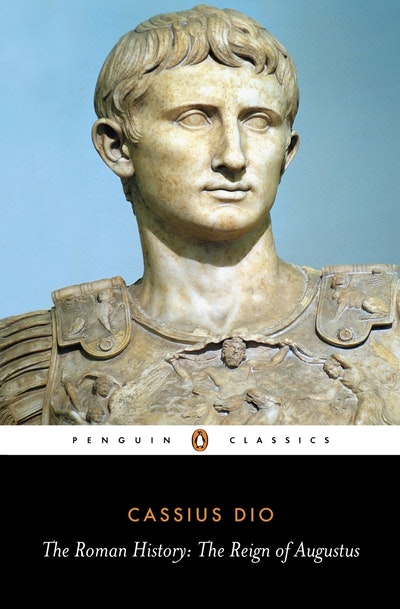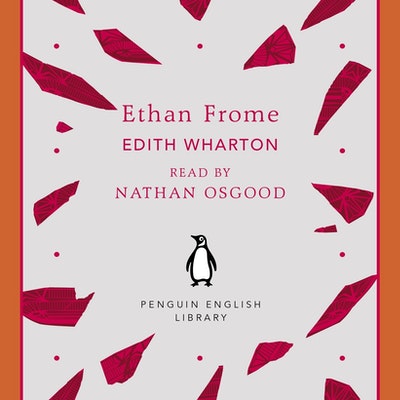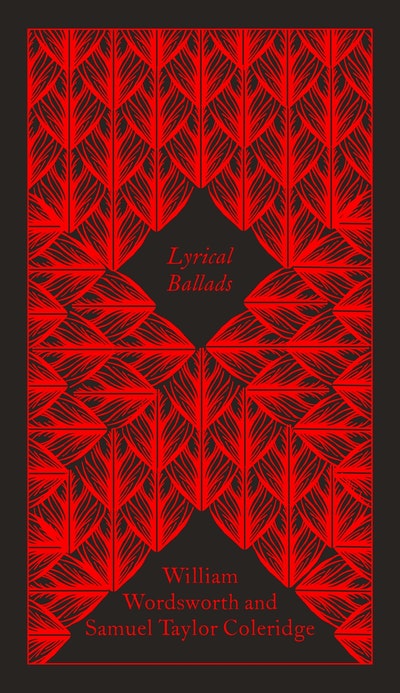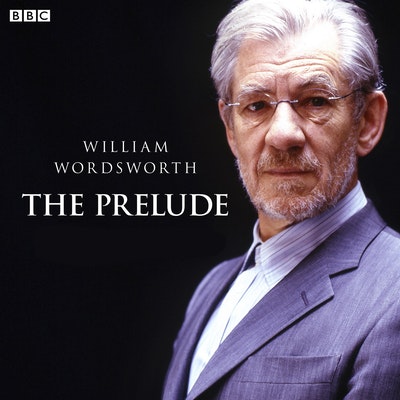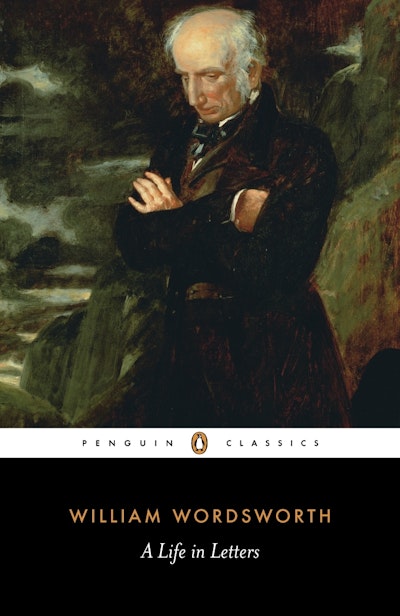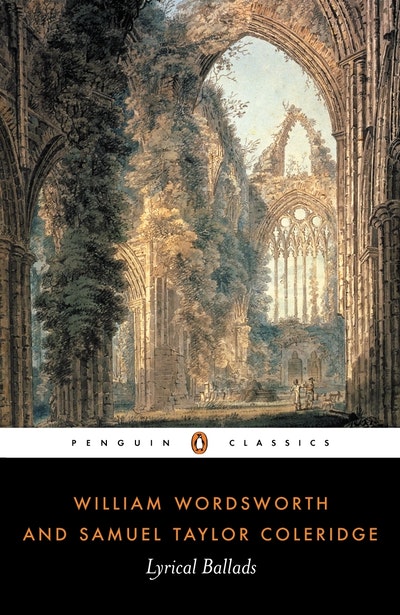- Published: 15 October 2000
- ISBN: 9781857152456
- Imprint: Everyman
- Format: Hardback
- Pages: 560
- RRP: $35.00
Selected Poems
A fresh selection of Wordsworth's poetry from the poet's biographer.
It is hard to imagine how radically the tender songs and simple stories in this collection changed the history of English poetry, but Wordsworth exerted a profound influence on the whole of nineteeth-century culture in Britain and America.
His literary revolution was founded on three principles: introspection, nature worship and the cult of ordinary experience. These three he blended together in a verse which is simple in manner but profound and deeply moving in content. In an age of revolutionary upheaval, industrial stress and religious doubt, Wordsworth rediscovered spiritual value in the individual's encounter with nature. In our own age of ecological disaster and moral uncertainty, his achievement speaks to us more urgently than ever.
From the poet's extensive output, this comprehensive selection includes everything non-specialist readers are likely to need.
- Published: 15 October 2000
- ISBN: 9781857152456
- Imprint: Everyman
- Format: Hardback
- Pages: 560
- RRP: $35.00
